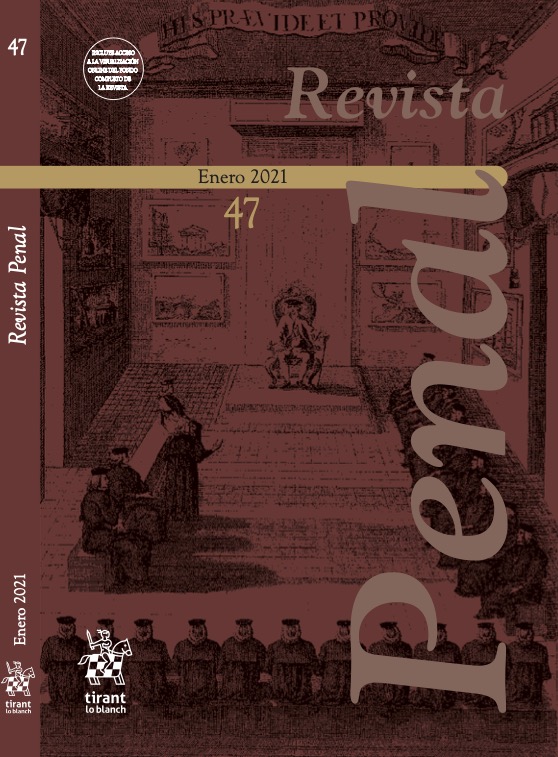Analysis of article 89 of the Spanish Penal Code, and some reflections with an aporophobic perspective
DOI:
https://doi.org/10.36151/Keywords:
criminal expulsion, crimmigration, aporophobiaAbstract
The criminal expulsion of foreigners from the national territory has gone through the successive reforms undergone by article 89 of the Penal Code, from the optional to the compulsory. Obligation has become a general rule, and the exceptional regime is applied, mostly, only to a segment of those potentially affected: migrants in an irregular administrative situation, the “undocumented”, and without resources, that is, the “have-nots”. One of the elements to take into consideration to order the expulsion is the set of personal circumstances, the economic ones of course, prevailing. As a result, if criminal policy is what is to be punished and how, when it comes to condemned foreigners without resources, it materializes in their expulsion. It is, therefore, an instrument with a strong aporophobic charge. Moreover, as a general rule, the foreigner sentenced who has economic resources, is either not expelled, or leaves voluntarily.



